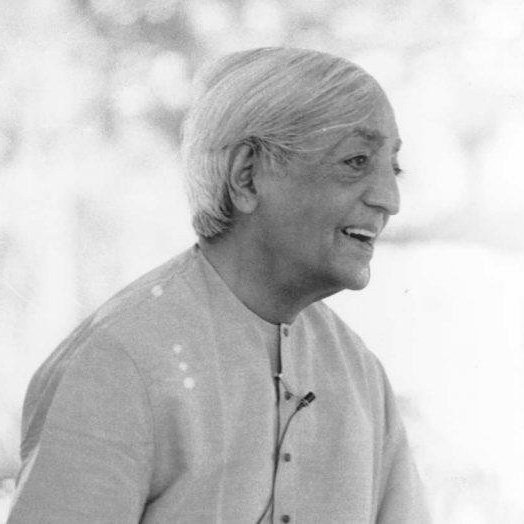
“Our minds are conditioned, that is an obvious fact. Conditioned by a particular culture or society. Influenced by family, government or religious conformity and so on. Our minds are trained to accept fear and to escape if we can from that fear, never being able to resolve the whole nature and structure of fear.
So our first question is, can the mind, so heavily burdened, completely resolve its conditioning and also its fears because it is fear that makes us accept conditioning.”
— J. Krishnamurti

What is Conditioning and How to resolve it?
Question:
Dear John David,
I was born in England and although I lived there only until I was twenty, I obviously picked up the conditioning.
I am not sure exactly how the English conditioning works in the sense of escaping from fear, as it is not as clear as some other countries like Germany and Russia. Does some work have to be done to face the fear and work with it?
John David’s Response
We all accept that we are conditioned. This conditioning means that we have certain patterns of thinking and responding that repeat themselves, creating a robotic way of functioning. When you understand this well enough, you can even see how it influences behaviour in simple, everyday moments.
I remember many years ago being in a crowded Tube train in London. Pressed against a large man, I accidentally stood on his shoe. What happened? He said “sorry”!
In fact, I should have been the one to apologise! Yet in England, this reflexive “sorry” springs from a deeply ingrained sense of “I’m not good enough”, rooted in the country’s hierarchical social structure.
Cultural Conditioning
English people often look up and down this social ladder, silently asking: Am I higher or am I lower? Where do I fit in?This conditioning breeds shyness, tentativeness, and a lack of confidence.
Of course, your family adds another layer. A privileged upbringing might instill the belief that you are “special,” while a working-class background might leave a lingering sense of inferiority.
How to Resolve Conditioning
Krishnamurti asks:
“Can the mind, so heavily burdened, completely resolve its conditioning?”
The first step is awareness. But ultimately, you must find out about your “I,” because it is the “I” that is conditioned.
“You have to ask yourself the question, ‘Who am I?’ This investigation will lead in the end to the discovery of something within you, which is behind the mind. Solve that great problem and you will solve all the other problems.”
— Sri Ramana Maharshi
When the false “I” dissolves, conditioning loses its grip. In my own case, I noticed how familiar patterns, like “I’m not good enough,” resurfaced strongly in the months after awakening—but there was no one left to receive them. With no attachment to this imagined “I,” they simply evaporated.
Self Enquiry: The direct path to resolve conditioning at it’s root
Instead of tackling each conditioning one by one—a task that could take lifetimes—focus on the root: the “I.”
In our Open Sky House Community, everything—washing dishes, cooking lunch, sweeping the floor—becomes a mirror. We watch how every action refers back to “I.” When you look for this through Self Enquiry “I,” you discover quickly: it doesn’t exist.
This moment of clear seeing can be powerful, often accompanied by laughter or bursts of energy. What matters is this direct recognition:
the “I” is merely a thought, born of conditioning, with no substance in reality.
When this is truly seen, conditioning collapses by itself.

“John David’s new book is exceptionally excellent, a masterpiece.”
Paul Lowe, Spiritual Teacher, Australia








